Use this free online tool to convert C code to Java with just one click!
Here's how:
1. Type or paste your C code into the input box.
2. Click the 'Convert' button.
3. See your Java code appear in the output box.
1. Type or paste your C code into the input box.
2. Click the 'Convert' button.
3. See your Java code appear in the output box.
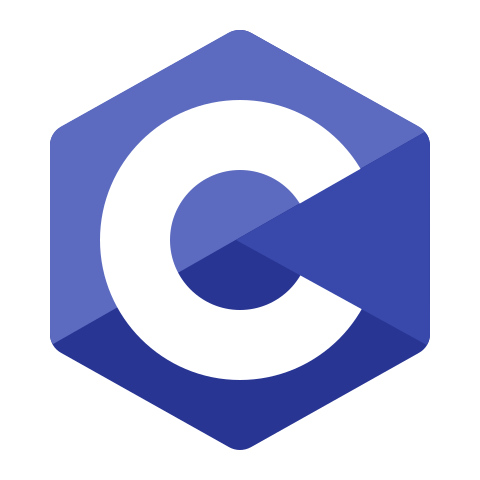
To
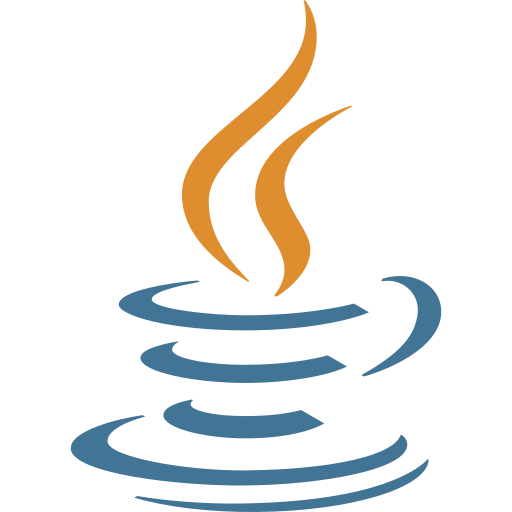
Key differences between C and Java
| Characteristic | C | Java |
|---|---|---|
| Type | Compiled, statically-typed programming language | Compiled to bytecode, statically-typed programming language |
| Memory Management | Manual (using malloc/free) | Automatic (Garbage Collection) |
| Platform Dependency | Platform-dependent (compiled to machine code) | Platform-independent (compiled to bytecode, runs on JVM) |
| Syntax and Features | Procedural programming, supports pointers, no built-in support for OOP | Object-oriented programming, no pointers, supports interfaces and inheritance |
| Compilation | Compiled to native machine code | Compiled to bytecode, interpreted or JIT-compiled by the JVM |
| Standard Library | Standard C Library (stdlib) for basic functions | Rich standard library with extensive support for various tasks (collections, I/O, networking, etc.) |
| Object-Oriented Programming | Does not support object-oriented programming natively | Fully supports object-oriented programming |
| Concurrency | Requires libraries for multithreading support (e.g., pthreads) | Built-in support for multithreading and concurrency (java.util.concurrent package) |
| Use Cases | System software, embedded systems, real-time applications | Web applications, enterprise software, mobile applications (Android), desktop applications |
| Performance | Typically faster, closer to hardware | Generally slower due to JVM overhead, but JIT compilation and optimizations can yield high performance |
Explore Our Ready-to-Use Converters via the Links Below
Convert From Java


Convert From C#
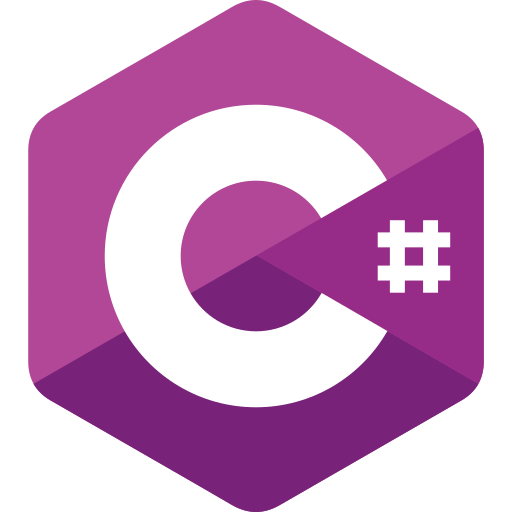

Convert From C++


Convert From GoLang
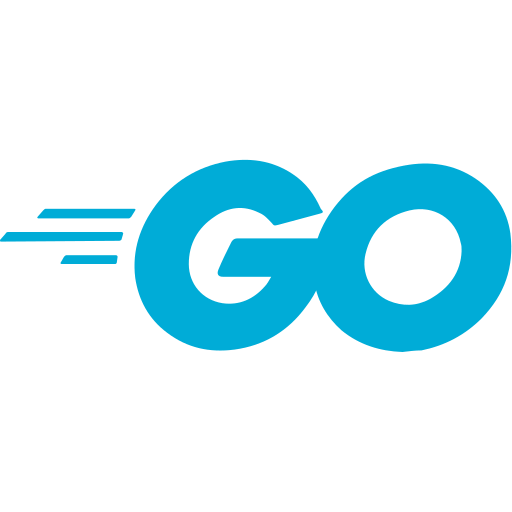

Convert From JavaScript
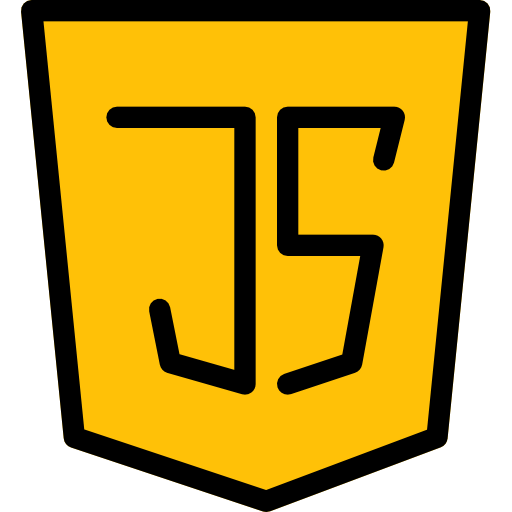

Convert From C



